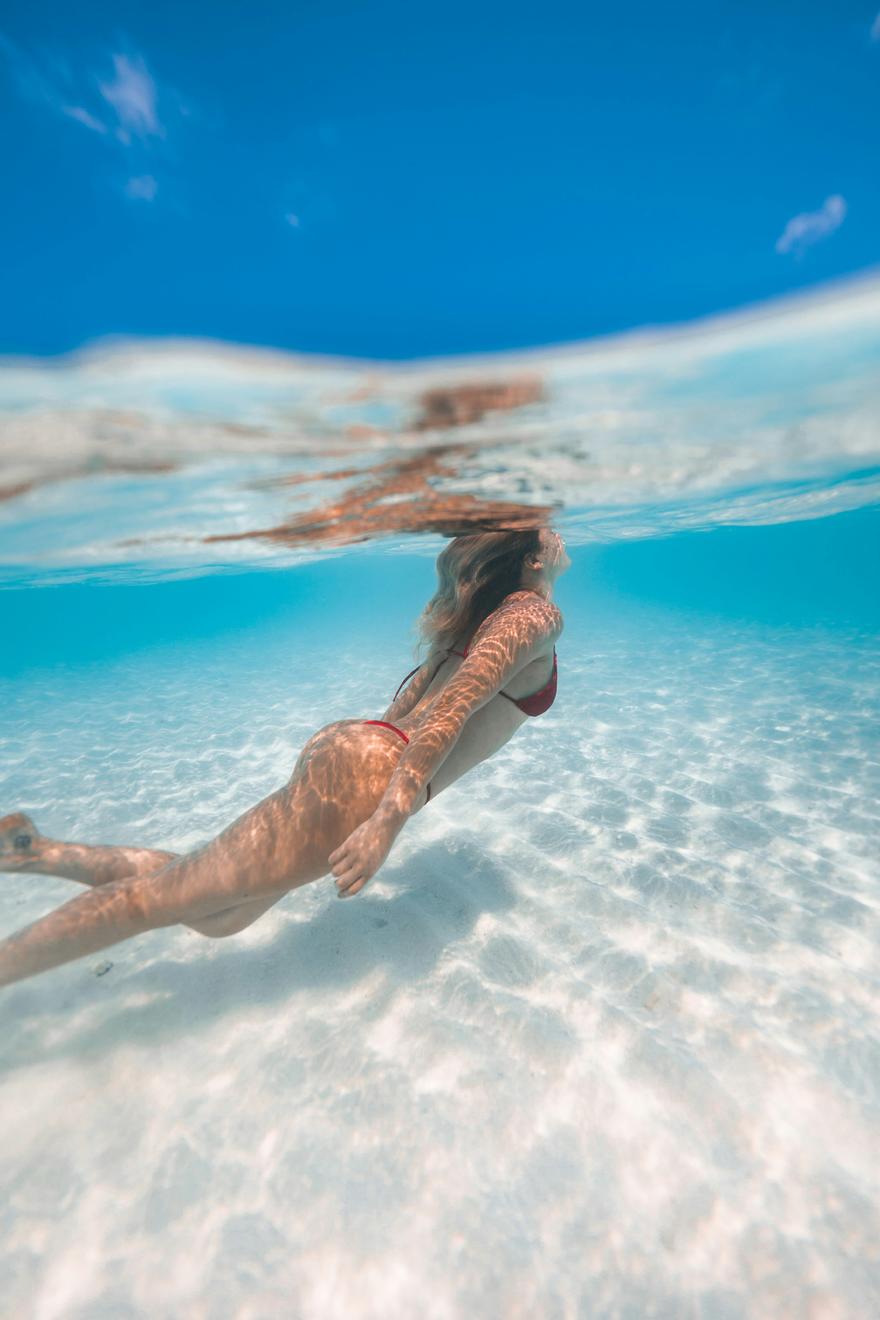Swimming with Herpes: Is It Safe to Hit the Pool, Sea, or River?

Summer’s calling—sunshine, swimsuits, and that irresistible urge to jump into the water. But if you live with herpes, whether it’s HSV-1 or HSV-2, you might pause before diving in and wonder: Is it safe for me to swim in public pools, the ocean, or freshwater lakes if I have herpes?
Let’s clear up the confusion. Spoiler: yes, swimming is safe—but like anything, there are a few things worth knowing.
🌊 How Is Herpes Actually Transmitted?
Herpes simplex virus (HSV) is spread through direct skin-to-skin contact, especially when the virus is shedding (even if no symptoms are present). It loves soft, moist areas like the mouth, genitals, or any mucous membrane, and it needs a point of entry like a small cut, abrasion, or mucosal surface to successfully transmit.
Here’s how herpes is NOT spread:
- Through water (including pools, oceans, lakes, or hot tubs)
- Through shared towels or toilet seats (as long as basic hygiene is followed)
- Through casual contact like handshakes, hugs, or sitting near someone
Herpes is a fragile virus outside the human body—it doesn’t last long on surfaces or in water, and it doesn’t float around looking for new hosts. It needs direct contact with skin to do anything.
🏖️ What Kills the Herpes Virus?
Herpes is easily deactivated by:
- Soap and warm water
- Chlorine and other pool disinfectants
- Saltwater (to some degree, though not relied on as a treatment)
So when you're in a chlorinated swimming pool, a saltwater sea, or even most natural lakes or rivers, you're entering an environment where the virus is extremely unlikely to survive, let alone be transmitted.
According to the World Health Organization and CDC, chlorinated water in public pools kills most viruses and bacteria—including herpes—very quickly.
🩱 Swimming During an Outbreak: Yay or Nay?
While swimming with herpes is generally safe, here’s where you should be a little more mindful:
👉 If you have an active outbreak in the area that will be submerged, such as a genital outbreak and you plan to wear a swimsuit, or a cold sore around the mouth.
Here’s why:
- Chlorine and salt may irritate open sores, making healing slower or causing stinging.
- Tight swimsuits rubbing on sores can be painful and might slow down recovery.
- You won’t transmit herpes through water—but rubbing or skin-to-skin contact in shared showers, locker rooms, or hot tubs could pose a very minor risk if someone comes into direct contact with an open lesion (again, extremely rare, but worth mentioning).
Bottom line: Avoid swimming if an outbreak is open and raw, not because you’ll infect others, but because it may be uncomfortable for you—and prolong healing.
🚿 Basic Hygiene Still Wins
If you’re worried about hygiene or public perception:
- Shower after swimming to remove chlorine or bacteria from the skin.
- Use your own towel—this is a good rule in general, herpes or not.
- If you’ve got an active outbreak, consider loose-fitting clothing and extra gentle care post-swim.
Pro tip: Our Fix-It Salve is soothing and packed with manuka honey, frankincense, and propolis—great for applying after swimming or showering when skin feels dry or irritated.
Let’s get real. Herpes doesn’t need to dictate your summer plans. You deserve joy, movement, and cool water on a hot day just like everyone else. Educating yourself on how the virus actually works—and what environments truly pose a risk—can help you leave fear behind.
If you’ve been holding back from that weekend beach trip or saying no to pool parties, consider this your permission slip. You are safe. And so is everyone else.
Shop Fix-It Salve
Shop Fix-It Salve


0 comments
Leave a comment
Please log in or register to post a comment